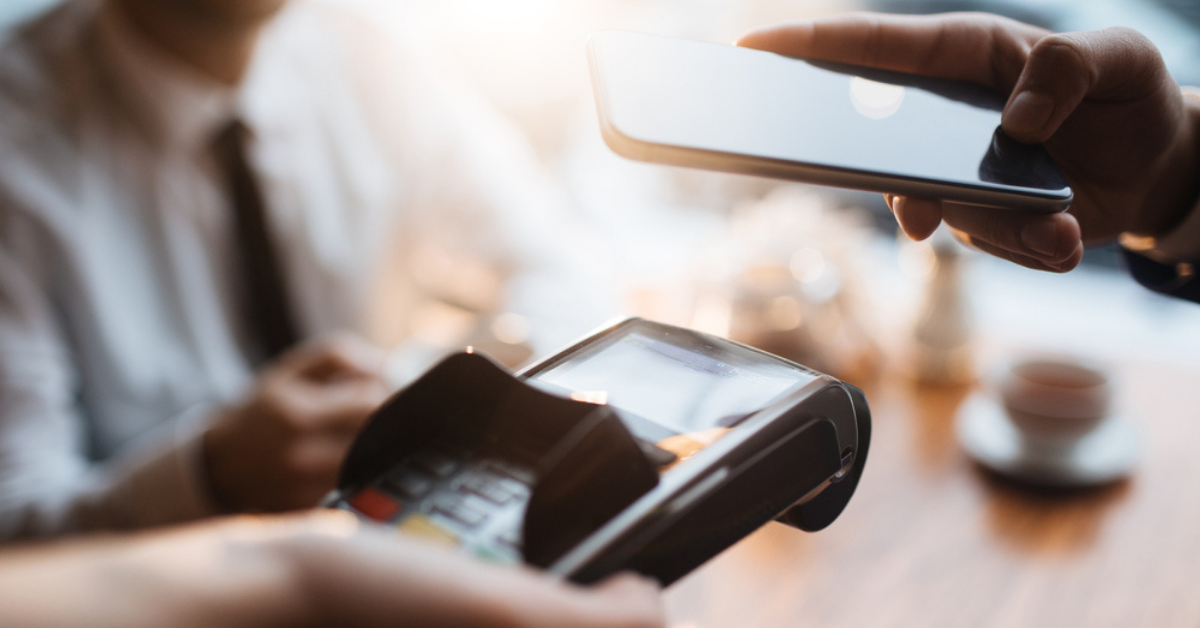It’s a very 2020 story. Your new homemade breadmaking skills are as uneven as the lump you lifted from your oven, so you pop down to the bakers for their tasty sourdough rolls. But as you make it to the front of the socially distanced queue and pull out your $10 note, the assistant points to the handwritten sign, ‘card only’.
It’s relatively simple to make the switch to payment by card or phone, and the bread could be yours faster than you can say ‘sourdough’.
Benefits of contactless payments
Keep it simple, shopping
When you’re out and about, you no longer need to carry so much cash. Or a purse or a wallet. Or even visit an ATM. The history of money and exchange shows that humans tend towards quicker and easier payments.
It’s the future
Although it seems like COVID-19 has sped up the demise of cash, it’s in fact just quickening an existing trend. The Reserve Bank of Australia found that only one in four payments in 2019 was in cash. Whereas 13 years ago, only one in four payments was made with a card.
More than just money
Reduced cash usage has become an issue of health, with concerns that close contact with customers and their physical money carries a risk of exposure to COVID-19. With a duty of care to their staff, as well as shoppers, many sellers are switching to card only, to reduce the risk of viral transmission.
The downsides
As with most changes, there are concerns as well as benefits. There are ways, though, to manage these concerns when moving to a more digital way of living.
Hacker alert
Your personal data can become vulnerable to hackers. To help prevent this, digital wallets (mobile applications that mimic an actual physical wallet) may offer features such as tokenisation, meaning your card number is never open for hackers to find.
The benefit of tokenisation is that your sensitive data is replaced with unique identification symbols that retain all the essential information about the data without compromising its security.
Digital budgeting
Some cash users limit spending by taking out a certain amount of cash each week to help them budget. You can recreate this in a digital world by ringfencing some of your income from temptation, perhaps by setting up an automatic transfer to a separate savings account.
Bye cash!
Thanks to the upward trend of digital payments, the younger generation of Australians may never handle physical cash, requiring a shift in the way we educate kids about personal finance. If you have children, you may like to read our tips on how to teach your kids to spend wisely with activities for tracking a digital budget.
Source: AMP

